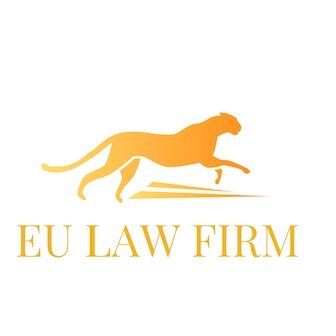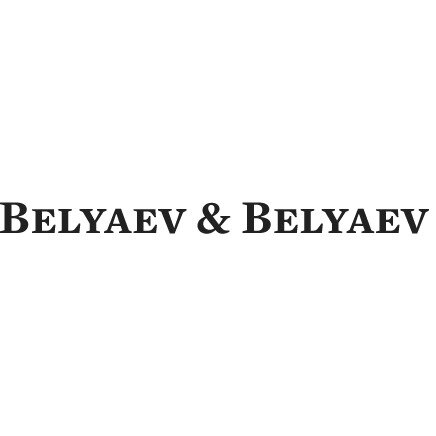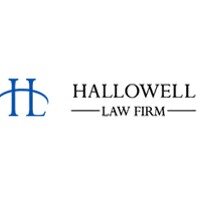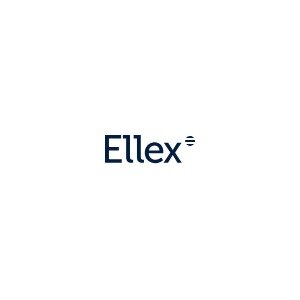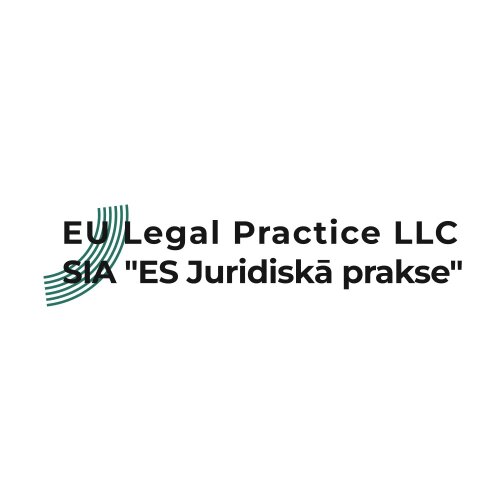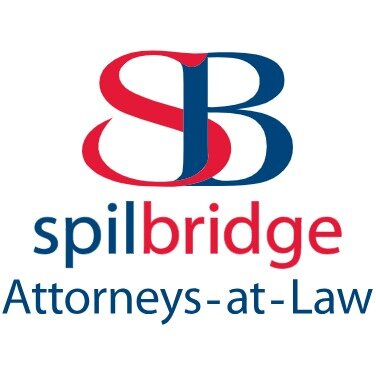Best Merger & Acquisition Lawyers in Riga
Share your needs with us, get contacted by law firms.
Free. Takes 2 min.
List of the best lawyers in Riga, Latvia
About Merger & Acquisition Law in Riga, Latvia
Merger and Acquisition (M&A) law in Riga, Latvia, is governed by a combination of EU regulations and local legislation. It primarily involves the consolidation of companies or assets through various financial transactions, including mergers, acquisitions, consolidations, and others. Latvia, with its strategic location and open economy, has an attractive legal framework for M&A activities, ensuring the protection of investors and promoting competition.
Why You May Need a Lawyer
Engaging in merger and acquisition activities is a complex process that typically requires expert legal assistance. Here are some common situations where legal help might be necessary:
- Due Diligence: Evaluating the financial, operational, and legal components of the target company is crucial, and a lawyer can ensure thoroughness.
- Negotiation of Terms: Lawyers help negotiate the best terms for the transaction, protecting your interests.
- Regulatory Compliance: Ensuring that the transaction adheres to local and European Union regulations can be complex without legal guidance.
- Structuring the Deal: Legal advice can help in structuring the transaction in a tax-efficient manner, considering both local and international regulations.
- Drafting Agreements: A lawyer will draft all necessary legal documents, ensuring clarity and protection against potential disputes.
- Post-Transaction Integration: Assistance in blending companies’ operations, culture, and workforce requires careful legal oversight.
Local Laws Overview
Several key legal aspects govern mergers and acquisitions in Riga, Latvia:
- Competition Law: Governed by both EU and Latvian regulations, any M&A must be scrutinized to prevent the creation of monopolies or competitiveness issues.
- Corporate Law: Regulates the formation, dissolution, and structural changes of the enterprises involved in the transaction.
- Contractual Obligations: All agreements related to M&A must comply with contract law, ensuring valid and enforceable contracts.
- Tax Legislation: Transactions should be structured considering local tax implications to avoid unnecessary liabilities.
- Regulatory Approvals: Certain industries require specific regulatory approvals, which can impact the timing and feasibility of a transaction.
Frequently Asked Questions
What is the general process of an M&A transaction in Latvia?
The process typically involves strategic planning, target search, due diligence, negotiation, contract drafting, obtaining regulatory approvals, and integration.
Do foreign entities face restrictions in Latvian M&A activities?
While Latvia is open to foreign investment, certain industry-specific restrictions may apply, particularly in sectors critical to national security.
How long does an M&A transaction usually take?
Depending on the complexity and particularities, transactions can range from a few months to over a year.
What are the common challenges in M&A transactions?
Challenges include cultural integration, valuation gaps, regulatory compliance, and synergy realizations.
Is due diligence mandatory?
While not legally mandatory, due diligence is a crucial step to identify potential risks and liabilities.
Can I withdraw from an M&A deal?
Yes, withdrawal is possible under certain conditions outlined in the agreement, often leading to negotiated penalties or costs.
What role do regulatory bodies play in M&A?
Regulatory bodies ensure compliance with legal standards, protecting competition and consumer interests.
Are there M&A-specific taxes in Latvia?
There are no M&A-specific taxes, but significant capital gains and transaction taxes may apply.
Can one law firm represent both parties in a merger?
Typically, this is avoided due to potential conflicts of interest, ensuring independent advice for each party.
What is a hostile takeover?
A hostile takeover occurs when a company attempts to acquire another without board approval, usually by going directly to shareholders or replacing management.
Additional Resources
For those seeking further information or assistance, the following resources may prove helpful:
- Latvian Competition Council: Provides guidance and approvals related to competition laws.
- Ministry of Economics: Offers information on investment regulations and incentives.
- State Revenue Service: Clarifies tax implications associated with M&A activities in Latvia.
- Latvian Chamber of Commerce and Industry: Connects businesses with legal experts and resources.
Next Steps
If you require legal assistance in merger and acquisition matters in Riga, Latvia, consider the following steps:
- Research: Begin by understanding the basic legal framework and requirements of M&A in Latvia.
- Consult with Experts: Reach out to law firms or legal advisors specializing in M&A to discuss your specific needs.
- Engage a Lawyer: Hire a reputable lawyer or legal team with experience in handling similar transactions.
- Plan the Process: Work closely with your legal team to create a timeline, identify potential hurdles, and outline the scope of due diligence.
- Proceed with Caution: Ensure all steps are taken with careful legal oversight, and prepare for post-transaction integration.
By carefully navigating these steps, you can greatly increase the likelihood of a successful merger or acquisition in Riga, Latvia.
Lawzana helps you find the best lawyers and law firms in Riga through a curated and pre-screened list of qualified legal professionals. Our platform offers rankings and detailed profiles of attorneys and law firms, allowing you to compare based on practice areas, including Merger & Acquisition, experience, and client feedback.
Each profile includes a description of the firm's areas of practice, client reviews, team members and partners, year of establishment, spoken languages, office locations, contact information, social media presence, and any published articles or resources. Most firms on our platform speak English and are experienced in both local and international legal matters.
Get a quote from top-rated law firms in Riga, Latvia — quickly, securely, and without unnecessary hassle.
Disclaimer:
The information provided on this page is for general informational purposes only and does not constitute legal advice. While we strive to ensure the accuracy and relevance of the content, legal information may change over time, and interpretations of the law can vary. You should always consult with a qualified legal professional for advice specific to your situation.
We disclaim all liability for actions taken or not taken based on the content of this page. If you believe any information is incorrect or outdated, please contact us, and we will review and update it where appropriate.



